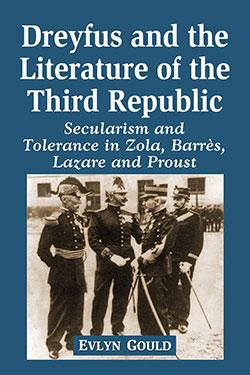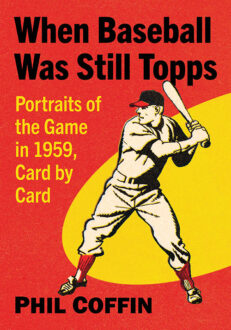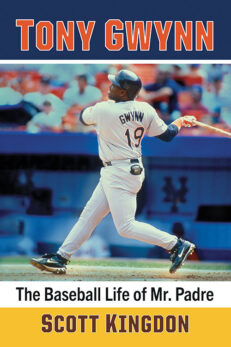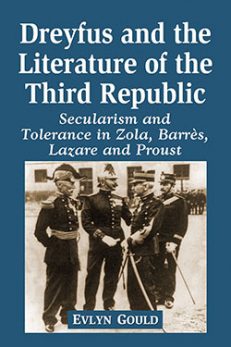Dreyfus and the Literature of the Third Republic
Secularism and Tolerance in Zola, Barrès, Lazare and Proust
$55.00
In stock
About the Book
Captain Alfred Dreyfus, a French Jewish army officer, spent twelve years from 1894 to 1906 in solitary confinement for a crime he did not commit. Amidst the dramatic and shifting revelations of what would come to be known throughout the world as the Dreyfus Affair, four influential authors reassessed their moral convictions on the civic questions posed by this abuse. Emile Zola, Maurice Barrès, Bernard Lazare, and Marcel Proust offered fictive articulations of response to these questions. Among them, national citizenship and the roles of secularism and public education, as well as tolerance of Jews and other immigrants to France, loom largest. The four authors considered dilemmas still unresolved in the modern democratic cultures of Europe today. Moreover, as this critical study illuminates, the writers in effect were teaching readers to negotiate individual desires and collective purpose and to assess their own values as the effects of Dreyfus continued to ripple through society.
About the Author(s)
Bibliographic Details
Evlyn Gould
Format: softcover (6 x 9)
Pages: 252
Bibliographic Info: notes, bibliography, index
Copyright Date: 2012
pISBN: 978-0-7864-7214-7
eISBN: 978-1-4766-0052-9
Imprint: McFarland
Table of Contents
Preface and Acknowledgments 1
Introduction: Turning Around Dreyfus 9
1. Turning Points in European Affairs: From Dreyfus to the Headscarf Incident 19
2. Emile Zola: From Happiness to Truth 54
3. Maurice Barrès: From Ego to Nation 90
4. Bernard Lazare: From Israelite to Jew 130
5. Marcel Proust: From Assimilation to Authenticity 172
Chapter Notes 211
Bibliography 231
Index 239
Book Reviews & Awards
“the author provides an intelligent look at the challenging reflections that play out in the fictinal work of Emile Zola, Maurice Barrcs, Bernard Lazare, and Marcel Proust…Recommended”—Choice.





